Given the anti-gun attitudes of the editors of the Boston Globe, I was shocked to see a column headlined “The Very Racist History of Gun Control” on the paper’s website this weekend. I’m sure the piece by longtime columnist Jeff Jacoby has caused some heartburn in the newsroom, not only because the op-ed is chock full of inconvenient truths for fans of gun control, but because it directly takes aim at the claims of historian Carol Anderson, whose new book “The Second” is based on the premise that the right to keep and bear arms itself is rooted in racism.
As Jacoby persuasively points out, there’s nothing implicitly or explicitly racist or discriminatory about the Second Amendment or the right that it protects. Instead, it’s the efforts to keep people from keeping and bearing arms that have largely been based on racist beliefs of white supremacy over the years.
Jacoby quickly runs through some of the low-lights of racist gun control laws in pre-Civil War America, including an 1831 law in Maryland that barred free blacks from possessing firearms. He then turns to the establishment of similar laws in the post-Civil War South before turning his attention to the role that gun ownership has played in the fight for equality.
Conversely, defenders of equality throughout US history, both white and Black, have understood the importance of gun rights to civil rights. During the original congressional debate over the Fourteenth Amendment, Michigan Senator Jacob Howard stressed the importance of protecting “the personal rights guaranteed and secured by the first eight amendments to the Constitution, such as . . . the right to keep and bear arms.” The Second Amendment was as indispensable to Black liberty as the rest of the Bill of Rights. A favorite formulation of Frederick Douglass was that if Black people were to be really free, “they must have the cartridge box, the jury box, and the ballot box to protect them.”
To the framers of the post-Civil War amendments, it was self-evident that the right of freed slaves to have guns for self-defense was essential to their full-fledged citizenship. “Between 1775 and 1866,” Yale law professor Akhil Reed Amar wrote in his acclaimed book on the Bill of Rights, “the poster boy of arms morphed from the Concord minuteman to the Carolina freedman.”
When Reconstruction died and the long dark night of Jim Crow began, the right to keep and bear arms became even more vital to the preservation of Black life and the quest for civil rights.
Ida B. Wells, a prominent journalist and civil rights pioneer who helped expose the horror of Southern lynchings, noted in 1892 that the only the time the intended victim of a lynching escaped was “when he had a gun and used it in self-defense.The lesson this teaches . . . is that a Winchester rifle should have a place of honor in every black home, and it should be used for that protection which the law refuses to give.”
I firmly believe that if Ida Wells were alive today, she’d be proclaiming that the AR-15, and not the Winchester rifle, should “have a place of honor in every black home,” and she’d be right. The use of firearms in self-defense has been an integral part of the civil rights struggle since the earliest days of this nation’s history, despite the host of gun control laws aimed at preventing black gun ownership that have been put on the books over the centuries.
While gun control laws today are colorblind in their language, in practice they continue to disproportionately impact black Americans. North Carolina’s pistol purchase permit law, for example, which requires would-be handgun owners to obtain permission from their local sheriff beforehand, remains on the books despite the fact that black applicants are almost three times more likely to be denied a permit than their white counterparts.
North Carolina’s law was enacted in 1919, at the height of the Jim Crow-era South. Today the Left wants to remove statues of Confederate generals that were erected in that same time period, but are fighting to keep these racially-motivated statutes in place. When Republicans launched an effort to repeal the state’s pistol purchase requirement this year, most sheriffs in the state were on board. Gun control activists, however, were not.
“So clearly we see that these laws translate into either lives lost or lives saved,” Becky Ceartas, Executive Director of North Carolinians Against Gun Violence, said. “Say (sheriff deputies) have been called out to somebody’s house for domestic violence but there’s never been a conviction, but this has happened time and time again. You know that person maybe shouldn’t have a pistol purchase permit. A sheriff would know that and be able to exercise discretion.”
I think the bigger problem would be deputies making repeated arrests for domestic violence calls without a conviction, frankly. Lord knows we do have some serious issues in our criminal justice system, but that doesn’t mean we should be empowering sheriffs to subjectively pick and choose who gets to exercise a constitutionally protected right. Becky Ceartas and her fellow gun restrictionists may see themselves on the side of the angels, but in reality the gun control movement is simply on the wrong side of history; fighting for inequality, for discrimination, and for the deprivation of civil rights in the name of some greater good.
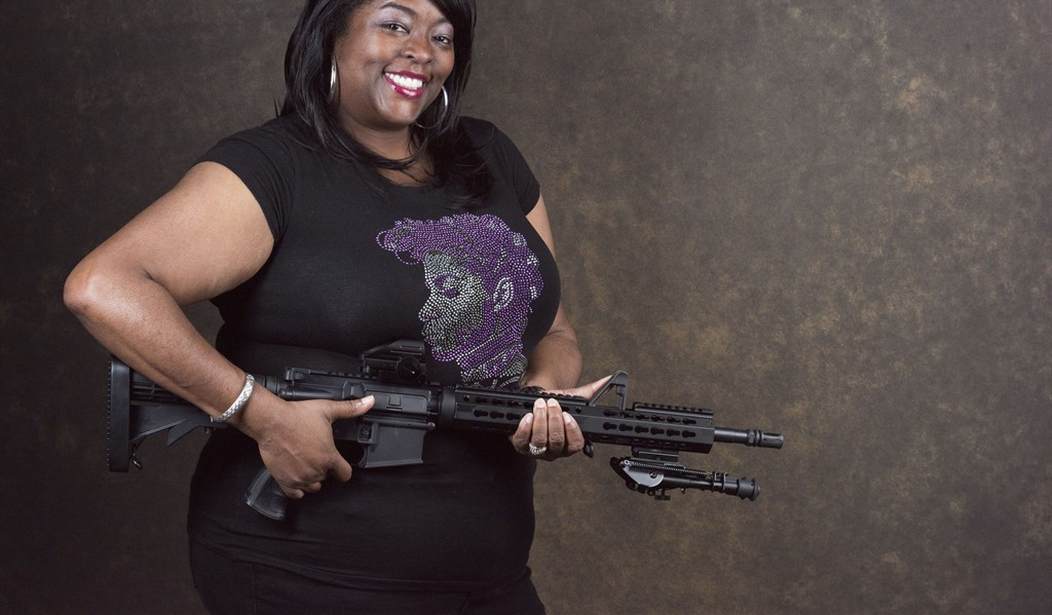


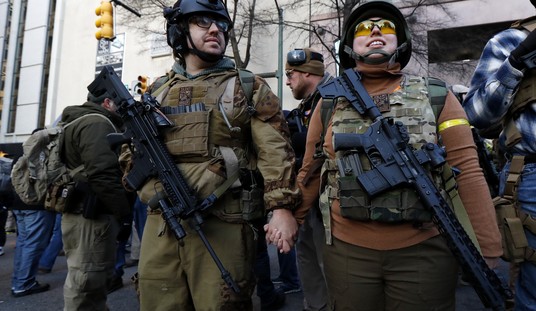
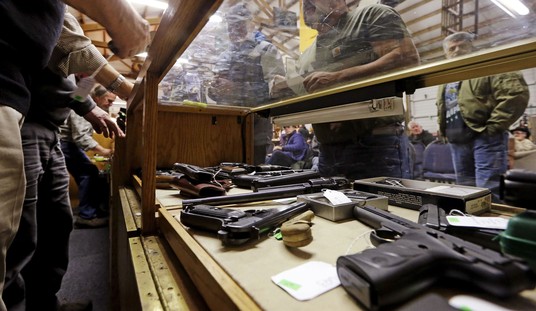
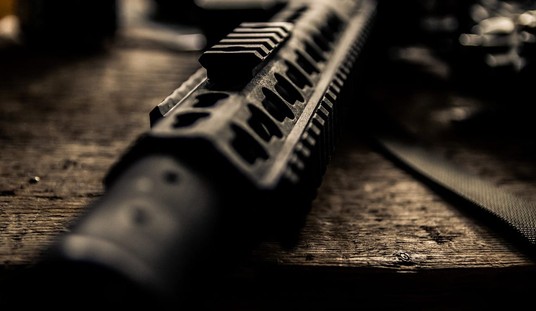
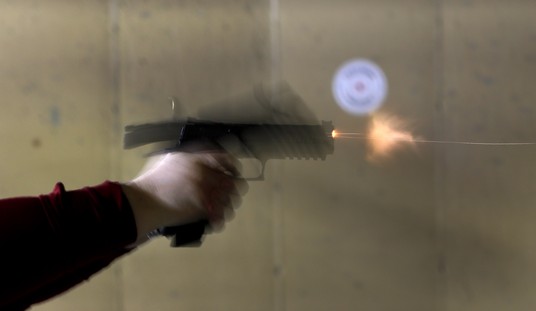


Join the conversation as a VIP Member